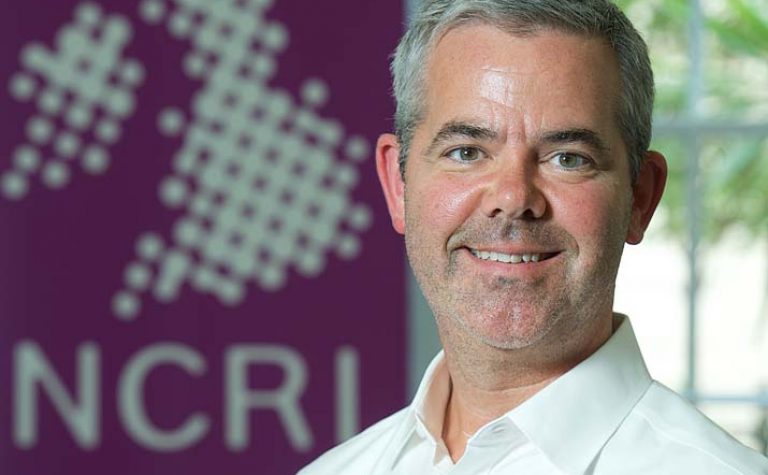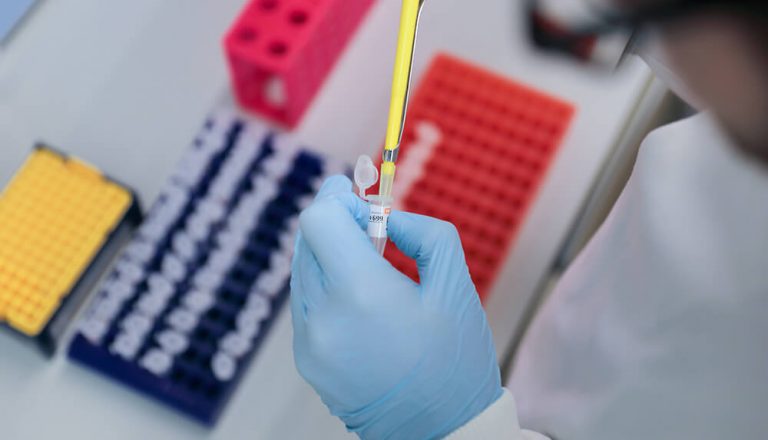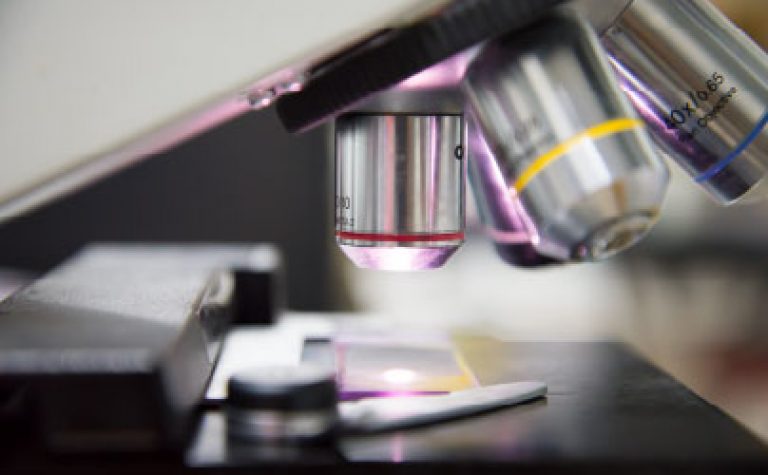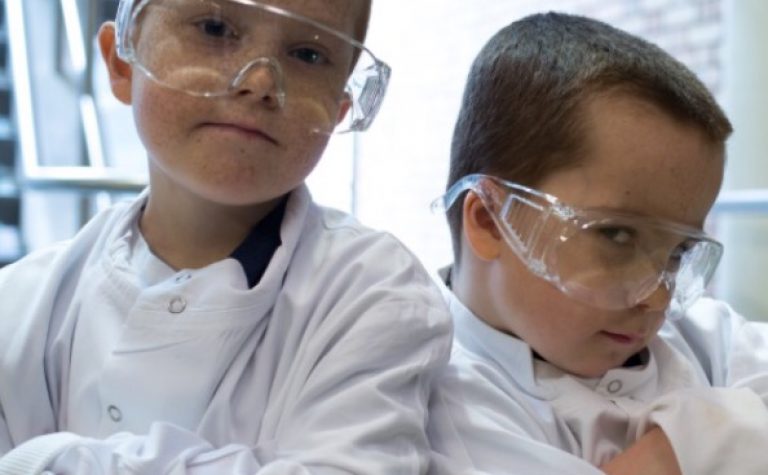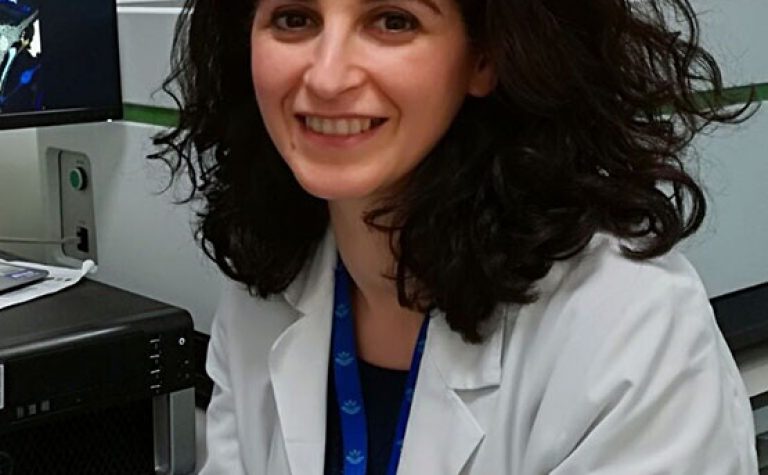About the research team
The team consists of Professor Anthony Chalmers and Drs Colin Rae, Donna Nile, Mathias Tesson and Mark Gaze.
Prof Chalmers is a Radiation Oncologist whose group is dedicated to the development of strategies to improve the effectiveness of radiation treatment and has a strong track record of translating experimental therapy into novel treatments.
Dr Nile will undertake the day-to-day laboratory work required for the project, as well as the design of experiments and preparation of manuscripts for dissemination. Dr Nile is an experienced researcher and has investigated the effects of targeted radiotherapy of neuroblastoma for 6 years.
Dr Rae has been a member of the Radiation Oncology Research Group for 10 years and is an experienced investigator of mechanisms of drug action in cancer cells. Dr Tesson has been a member of the group for 10 years and provided experimental results which constituted the basis of the project. Drs Rae and Tesson will contribute to study design and interpretation of experimental data.
Dr Gaze, Consultant Oncologist, University College Hospital, London, is a long-time collaborator of the group. He has previously applied combinations of radioactive and non-radioactive drugs, developed in our laboratory, to the treatment of neuroblastoma, demonstrating his aptitude for facilitating the progress of therapeutic strategies from the laboratory to clinical practice. Close collaboration with Dr Gaze will ensure that positive findings of the proposed study will be rapidly communicated to the international clinical community, parents’ groups and the neuroblastoma charities.
